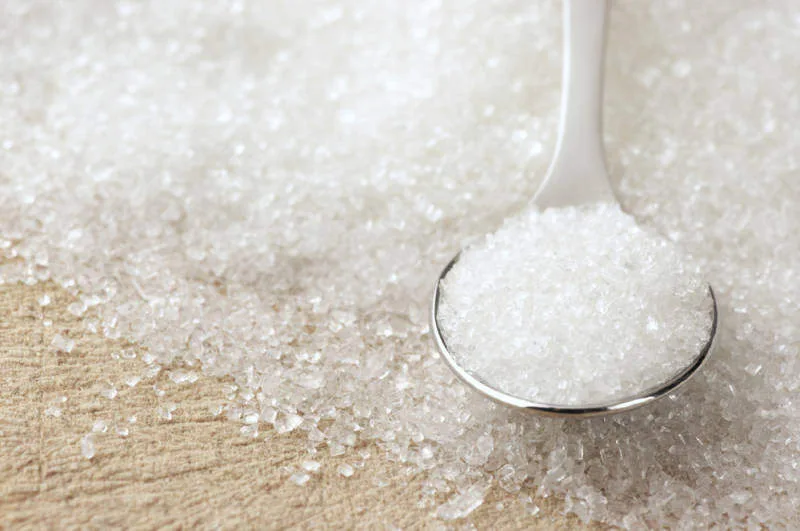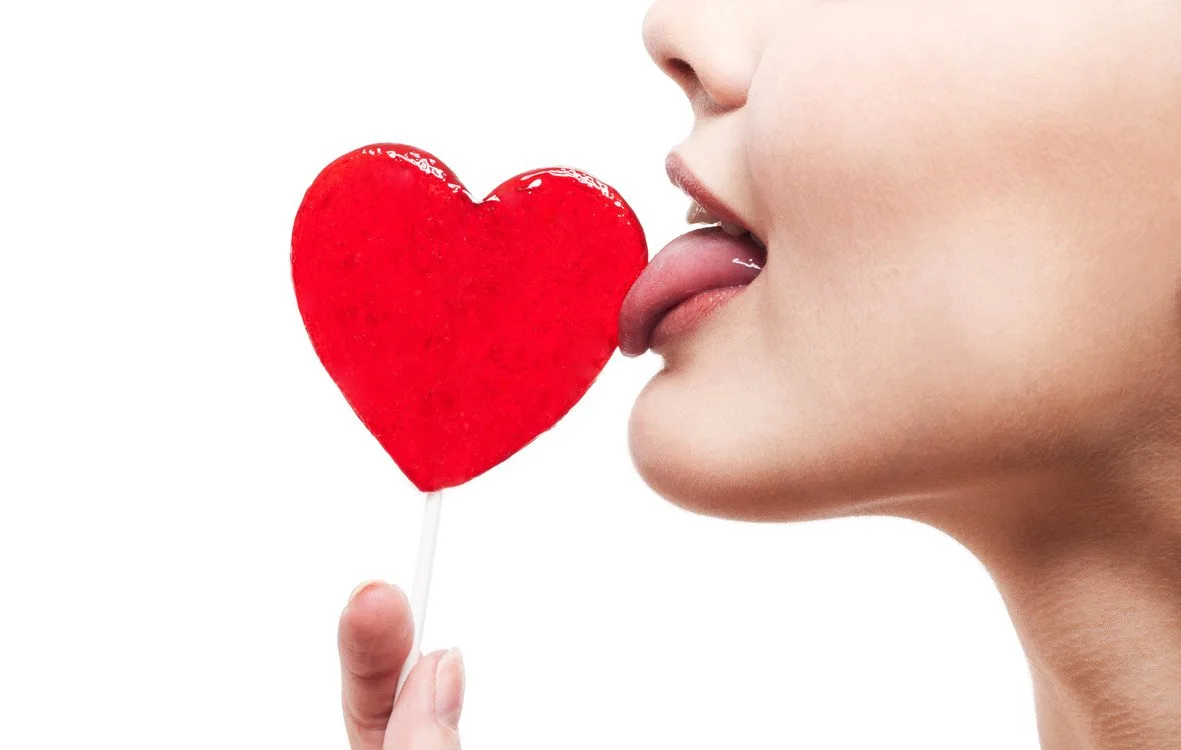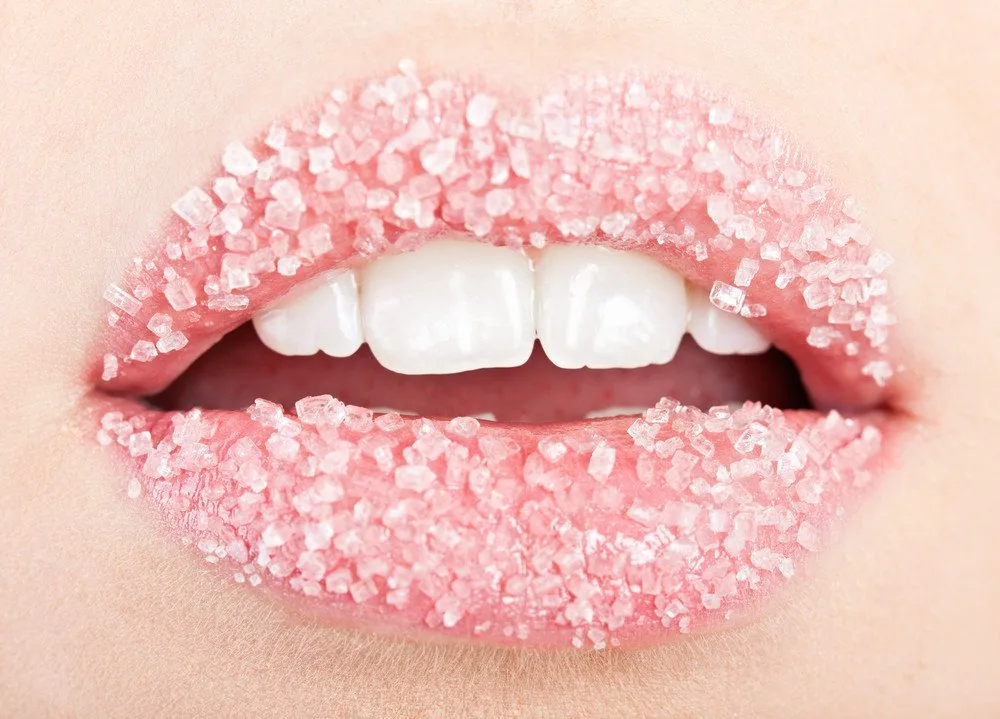Are you in the mood for something sweet? Well, you better watch your appetite because if you overdo it on the sugar, you might not be able to enjoy another kind of treat later. Chances are that you know that sugar isn’t exactly good for your health. You know that too much of it can raise your risk for chronic diseases and even age you faster, but did you also know that sugar can also be ruining your sex life?
Sugar and Your Sex Life: What’s The Link?
Sex is great for the body, and an orgasm a day can really keep the doctor away. However, there are several factors that can affect your sex life, one of which is your sweet tooth. So, how exactly is sugar in your diet ruining things for you in the bedroom?
1. It crashes your energy levels

Photo by We-Vibe Toys on Unsplash
A healthy sex drive requires energy and if you’re constantly feeling fatigued, then it’s going not going to be easy to keep up with things and to keep things, well, up.
Chances are that you’ve experienced a sugar high, so you’re used to those sugar crashes that leave you simply exhausted. Additionally, research has found men with inconsistent blood sugar levels, especially those with diabetes, face an increased risk for erectile dysfunction.
2. It affects your libido
Healthy testosterone levels are needed for a healthy sex life, as testosterone levels can affect one’s libido.
However, a study published in Reproductive Biology and Endocrinology found that the consumption of sugar-sweetened beverages was significantly associated with low levels of testosterone in men 20–39 years old in the United States.
3. It stresses you out
Are you one of those people that reaches for a sweet snack when stressed? You should probably stop that, especially if you want to continue to have a healthy sex life.
Yes, high levels of stress can affect your libido, but so can too much sugar. This is because a high-sugar diet increases levels of cortisol, the stress hormone, which then affects your sex drive.
4. It causes hormonal imbalances
Balanced hormones are necessary for your body to function optimally and hormonal imbalances can cause a lot of disruptions, including to your sex life. One factor that can disrupt your hormones? Sugar.
High insulin levels as a result of excess sugar can disrupt levels of sex hormone-binding globulin (SHBG). Created by the liver, SHGB transports androgens and estrogens in blood and regulates their access to target tissues (1).
Testosterone is the most common androgen, and when SHBG isn’t functioning properly, then both estrogen and testosterone stop functioning well, and this of course affects your sex life, causing erectile dysfunction and low libido.
5. It causes vaginal dryness
According to Diabetes UK, high levels of blood sugar can cause vaginal dryness. How does this happen?
High blood sugar affects the blood vessels in the vaginal wall and this can cause a lack of lubrication, which in turn makes the act of sex, as well as the idea, quite painful.

Photo by We-Vibe Toys on Unsplash
6. It causes nerve damage
You’ve heard of the erogenous zone, yes? For those who haven’t, the erogenous zone refers to sensitive areas on your body that causes sexual arousal when touched. These include the genital area, your butt area, your chest area, and for some people, their ears.
The erogenous zone is surrounded by erogenous nerves. However, a high sugar intake can cause high blood sugar and this has been linked to nerve damage. Now your erogenous nerves become damaged, then chances are your sex life is going to be heavily affected.
7. It increases the risk of yeast infections
If there’s one thing that’s going to put a bit of a damper on your sex life, then it’s definitely a yeast infection. A high-sugar diet creates the perfect environment for yeast and bacteria to breed, so you should probably watch your eating habits.

A sweeter sex life
It seems that better sex definitely starts with what you eat. So, if you want to maintain a healthy sex life, then you need to make sure to keep the sweetness out of your diet, and only in your bedroom.

Photo by Gaelle Marcel on Unsplash
Want to know more?
Do you what isn’t as sweet when it comes to your sex life? Not having an orgasm. Unfortunately, this seems to be the case for a lot of heterosexual women. Referred to as “the orgasm gap”, it appears that if you are a woman in a heterosexual relationship, you’re better off having an orgasm on your own.
References
Chen, L., Xie, Y. M., Pei, J. H., Kuang, J., Chen, H. M., Chen, Z., Li, Z. W., Fu, X. Y., Wang, L., Lai, S. Q., Zhang, S. T., Chen, Z. J., & Lin, J. X. (2018). Sugar-sweetened beverage intake and serum testosterone levels in adult males 20-39 years old in the United States. Reproductive biology and endocrinology : RB&E, 16(1), 61. https://doi.org/10.1186/s12958-018-0378-2
Defeudis, G, Mazzilli, R, Tenuta, M, et al. Erectile dysfunction and diabetes: a melting pot of circumstances and treatments. Diabetes Metab Res Rev. 2022; 38( 2):e3494. https://doi.org/10.1002/dmrr.3494
Hammond G. L. (2011). Diverse roles for sex hormone-binding globulin in reproduction. Biology of reproduction, 85(3), 431–441. https://doi.org/10.1095/biolreprod.111.092593






![women [longevity live]](https://longevitylive.com/wp-content/uploads/2020/01/photo-of-women-walking-down-the-street-1116984-100x100.jpg)









